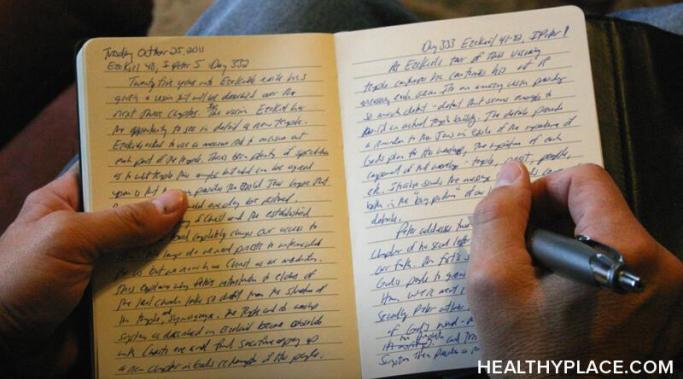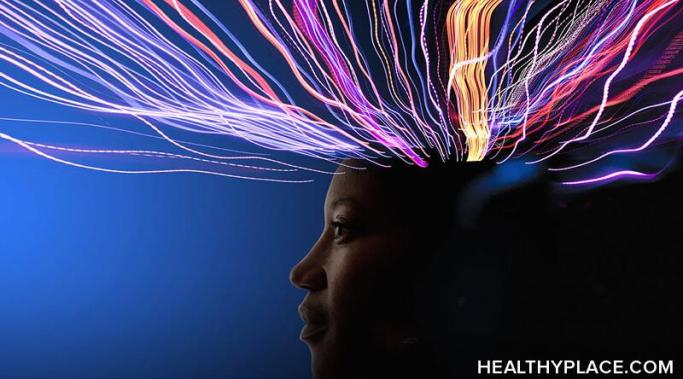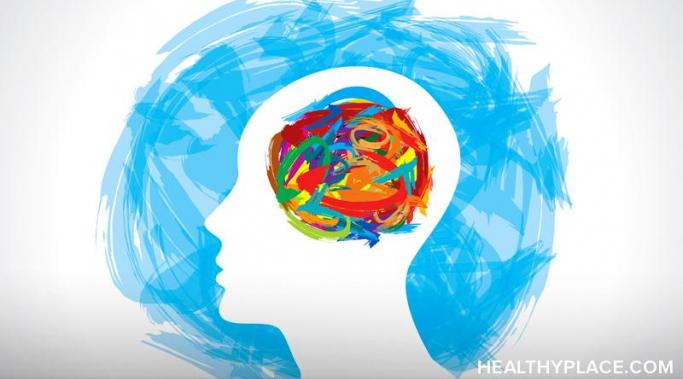It’s one of the original facets of mental health stigma: the belief that negative thoughts are a choice. I’d wager nearly everyone has had someone tell them that at one point or another. Mental health stigma can manifest in many complex ways, but that idea is rather straightforward and simple. Despite that, it’s a truly grating form of mental health stigma and one I encountered again last week.
Surviving Mental Health Stigma
Journaling is one way I fight mental health self-stigma and is, fortunately, becoming increasingly popular in today's world. Used as a method for releasing negativity, spurring creativity, and everything in between, journaling can create a safe space for many people who practice it.
I, like many, have been called brave for sharing my experiences with mental health struggles. It’s always sat weirdly with me as I’ve never seen myself in that light. I’m not brave for sharing my mental health struggles. I can see how folks would see bravery in speaking up when mental health stigma is so rampant. Yet, the term still isn’t one I identify with. It doesn’t fit quite right.
It can be difficult to navigate the shifting views of mental health and the stigma surrounding it in an adaptive and dynamic world. There is a duality to the increase of safe spaces and acceptance regarding mental health. The exhausting truth is although some people in society may be ready to hear our stories, not everyone is.
Sadly, the news these days is headline after headline of troubling times and struggles for people—and I feel guilty about avoiding it. It’s a conundrum wherein I want to stay informed but must equally do what I can to protect my mental wellbeing. Another conundrum: watching the news can trigger anxiety, depression, and even obsessiveness in me, but avoiding the news triggers guilt.
Negative self-talk can look like being called clumsy, silly, awkward, stupid, and more. The names we call ourselves, the constant criticizing, analyzing, and critiquing all fall into the category of negative self-talk. I have recently become more cognizant of the words I tell myself, and changing to positive self-talk has benefited me so much that it is life-changing. I encourage you to take a closer look at how you talk about yourself and ask, "Would I talk to someone I love this way?" The answer may surprise you.
Gaslighting and self-stigma—do they have ties to one another? I’ve been exploring this concept in my head, especially as I work on my internal mental health struggles. Thinking about both of these terms got the wheels turning, and I thought it would be an interesting discussion to have.
As conversations surrounding mental health continue to garner traction and societal acceptance, shows like "Euphoria" are pushing the envelope in terms of the brutality of mental illness portrayed on television. Although intense at times, in my opinion, the show's strikingly raw and vulnerable portrayal of mental illness is carving a path for more acceptance and relatability surrounding the topic.
With so much of the mental health conversation taking place online, I can’t help but wonder if the Internet is helpful or harmful to combatting mental health stigma. Or maybe it's somewhere in between, both, or none of the above. Let’s take a closer look.
Does social media help diminish mental health stigma or perpetuate it? I think many people would agree that social media can be a blessing and a curse. Amidst the extreme scrutiny and unhealthy comparisons, there are opportunities to spread awareness and create a voice that may have otherwise remained silent.









